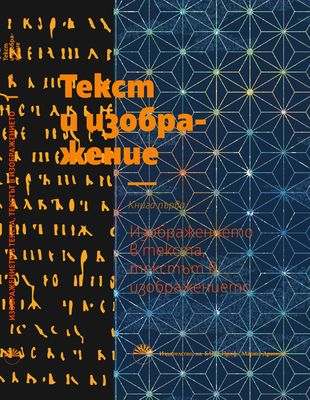Игра на текстове и музикални метафори в операта „Пъстрата птица“ от Симеон Пиронков
Play Of Texts And Musical Metaphors In The Opera “The Spotted Bird” By Simeon Pironkov
Author(s): Angelina Petrova
Subject(s): Fine Arts / Performing Arts, Music
Published by: Национална академия за театрално и филмово изкуство »Кр. Сарафов«
Keywords: New music; postmodernity; irony; multi-textuality; quasi-quotation; musical text; totalitarianism
Summary/Abstract: “The Spotted Bird” [“Pastrata Ptitsa”] is the most vivid political protest in Bulgarian opera art at the end of the 1970s and the beginning of the 1980s. In this form of theatrе, Simeon Pironkov manages to intertwine satirical intent with an absurdist perspective on the communist system. Quotation and quasi-quotation hold a central place in the dramaturgy of the pluralistic and collage-style opera. The collage technique, quasi-quotations, allusions, and the interplay of meaning/ meaninglessness in the layering of text and music form the core of the composer’s language in “The Spotted Bird”. This connects Pironkov’s satirical opera to the tradition of music-theatrical works based on the idea of multi-textuality, such as Reiner Bredemeyer’s “Candide” (1982) in East Germany, György Ligeti’s “Le Grand Macabre” (1977), and Bernd Alois Zimmermann’s “Die Soldaten” (1965), whose pluralistic language offers a novel, specific interpretation of opera. The language of “The Spotted Bird” is saturated with various types of quasiquotation. This enriches its dramaturgical layers with different kinds of metaphors and polytextuality, expressing Pironkov’s political protest. In “The Spotted Bird”, the composer employs quasi-quotations and allusions, with particular emphasis on parodying and quoting the language of officialdom. These elements also form the foundation of his vision for a music-theatre project infused with aspects of the “theatre of the absurd”. Pironkov’s project refers to his original concept of quasi-quotations, quasi-collages and allusions that with continuous disharmony/ irony parody and overlay the idioms of official opera and the musical vocabulary of socialist realism. The dramaturgical action in “The Spotted Bird” is constructed as a labyrinth of reflected/ideological meaning-games. In this opera, the composer brings to life a fantasy picture of political allegory: it is a parable about “The First” (the Sultan); the guards (the Politburo), the soldiers (State Security); the maidens, and a collective “image of the people”. The entire dramaturgical structure embodies “duality”. Thus, the labyrinthine construction of the opera’s action corresponds to the message of “duality”, the consubstantiality of the ideologeme. It is a kind of projection, an image/reflection of a futile dilemma, of the hopelessness of the ideological world. Consequently, both in structure and parody – on a linguistic level and in the parody of the genre itself – Pironkov creates an anti-utopian opera aimed against the totalitarian system. “The Spotted Bird” premiered on stage in 1980 in Ruse, followed by a performance in Sofia in 1981. It has not been staged since. Both the composer and thе conductor, as well as the director (Margarita Mladenova), were unequivocal and clear in their social and political message. The work stands as a significant phenomenon among dissident opuses and operas ridiculing communism and the totalitarian system in Eastern Europe
Book: Текст и изображение. Т.1. Изображението в текста. Текстът в изображението
- Page Range: 423-436
- Page Count: 14
- Publication Year: 2024
- Language: Bulgarian
- Content File-PDF

